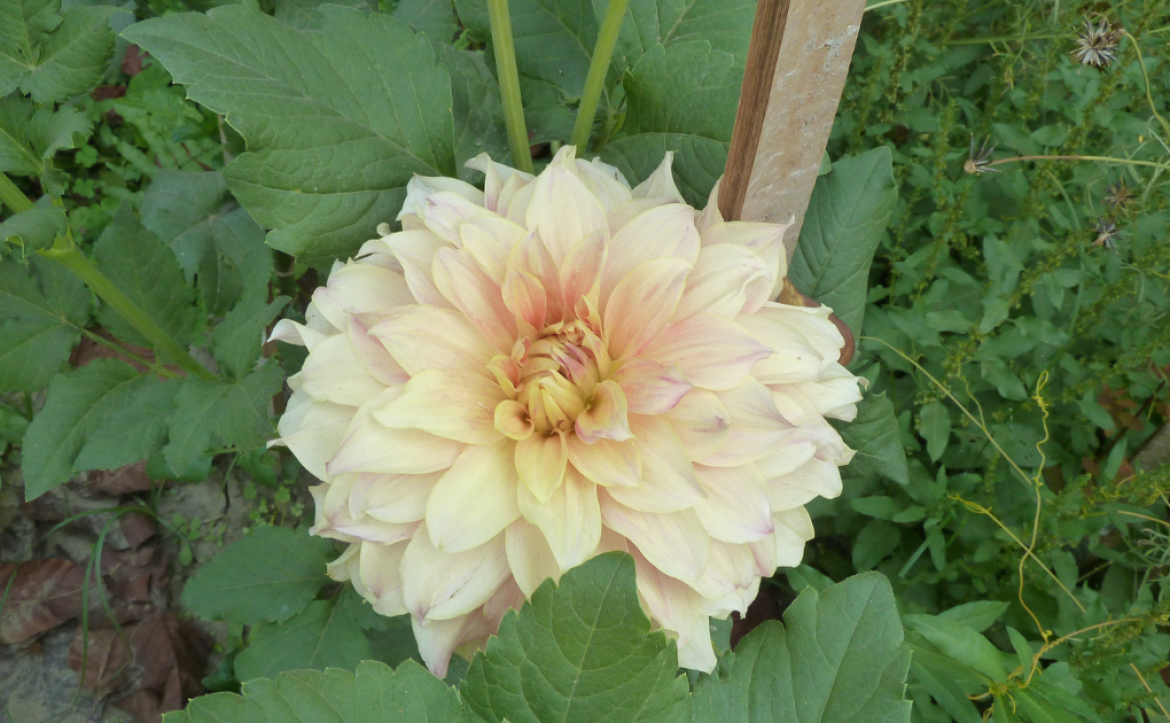
Discover why gardening is our 21st-century superpower! Dive into the world of modern gardening with our friendly guide!
Table of contents
Introduction
The importance of gardening in modern society
Environmental Benefits of Gardening
Reduction of carbon footprint
Protecting plant and animal variety
Health Benefits of Gardening
Physical health benefits
Mental health benefits
Community and Social Benefits
Building community bonds
Strengthening bonds within the community
Economic Benefits
Cost-effectiveness of growing own produce
Helping the local economy and potentially generating additional income
Educational Benefits
Teaching valuable life skills
Enhancing environmental awareness
Psychological Benefits
Stress reduction
Sense of accomplishment
Food Security
Importance of self-sustainability
Ensuring access to fresh produce
Promoting Sustainable Living
Encouraging environmentally friendly habits
Reducing reliance on industrial agriculture
Addressing Climate Change
Reducing the effects of climate change
Creating green spaces
Conclusion
why gardening is essential in the twenty-first century
Introduction
In today’s fast-paced world, where technological advancements dominate nearly every aspect of our lives, the act of gardening may seem like a quaint hobby of a bygone era. However, the truth is quite the opposite. Gardening has become more essential than ever in the twenty-first century, playing a crucial role in addressing various environmental, health, social, economic, and psychological challenges we face.
Environmental Benefits of Gardening
Gardening contributes significantly to efforts to protect the environment. By cultivating plants, individuals actively reduce their carbon footprint by absorbing carbon dioxide during photosynthesis. Moreover, gardens act as habitats for diverse flora and fauna, thereby protecting plant and animal variety and supporting ecosystems.
Health Benefits of Gardening
Participating in gardening offers numerous health benefits. Gardening provides excellent forms of exercise, promoting cardiovascular health and muscle strength. Furthermore, spending time outdoors in natural environments has been linked to improved mental well-being, reducing stress levels, and enhancing overall mood.
Community and Social Benefits
Gardening fosters a sense of community and social interaction among individuals. Community gardens, in particular, serve as gathering places where people from diverse backgrounds come together to share knowledge, resources, and experiences. These areas strengthen bonds within the community.
Economic Benefits
Gardening can also have economic advantages. Growing one’s produce at home can significantly reduce grocery expenses while ensuring access to fresh, organic produce. Additionally, people who have extra fruits and vegetables may choose to sell their goods locally, helping the local economy and potentially generating additional income.
Educational Benefits
Gardening serves as a valuable educational tool, especially for children. It teaches essential life skills such as responsibility, patience, and perseverance. Furthermore, participating in gardening activities promotes environmental awareness and instills a deeper appreciation for nature and the environment.
Psychological Benefits
The act of gardening has profound psychological benefits. Working with plants and soil can be therapeutic, reducing stress and anxiety levels. Witnessing the growth and development of plants provides a sense of accomplishment and satisfaction, boosting overall mental well-being.
Food Security
In an era marked by worldwide food shortages, gardening plays a crucial role in ensuring food security at the individual and community levels. By cultivating one’s food, individuals can become more self-sufficient and less reliant on external food sources, thus ensuring access to fresh, nutritious produce.
Promoting Sustainable Living
Gardening promotes sustainable living practices by encouraging individuals to adopt environmentally friendly habits. From composting kitchen waste to using natural pest control methods, gardeners contribute to efforts to protect the environment and reduce reliance on industrial agriculture.
Addressing Climate Change
Gardening plays a vital role in reducing the effects of climate change. By creating green spaces and planting trees, gardeners contribute to reducing the effects of climate change, such as urban heat islands and air pollution. Moreover, gardens act as carbon sinks, absorbing and storing carbon dioxide from the atmosphere.
Conclusion
In conclusion, gardening is not merely a recreational activity but a necessity in the twenty-first century. Its multifaceted benefits extend beyond personal enjoyment to encompass environmental protection, health promotion, social interaction, economic empowerment, and psychological well-being. By embracing gardening, individuals can contribute to creating a stronger and more peaceful world.
Here are some references related to this topic
Books
-
- Title: “The Garden Awakening: Designs to Nurture Our Land and Ourselves” by Mary Reynolds
Description: This book explores the interconnectedness between gardening, environmental sustainability, and personal well-being, offering practical guidance for creating sustainable and regenerative garden spaces.
-
- Title: “The Third Plate: Field Notes on the Future of Food” by Dan Barber
Description: Dan Barber, a renowned chef and food activist, examines the future of food and agriculture, highlighting the importance of sustainable farming practices and the role of gardening in shaping a more equitable and resilient food system.
-
- Title: “The Resilient Gardener: Food Production and Self-Reliance in Uncertain Times” by Carol Deppe
Description: This book offers a comprehensive guide to resilient gardening practices, focusing on techniques for maximizing food production in challenging environmental conditions and promoting self-reliance.
Videos
-
- Title: “Gardening for Biodiversity” (TED Talk) by Douglas Tallamy
Description: In this TED Talk, entomologist Douglas Tallamy discusses the importance of gardening for biodiversity conservation, emphasizing the critical role that native plants play in supporting local ecosystems and wildlife.
-
- Title: “The Power of Community Gardens” (YouTube video) by Sustainable America
Description: This video explores the impact of community gardens on food security, social cohesion, and environmental sustainability, featuring interviews with community gardeners and organizers from diverse backgrounds.
-
- Title: “The Gardens of Piet Oudolf: Beyond the Romantic Garden” (Documentary)
Description: This documentary showcases the work of renowned garden designer Piet Oudolf, known for his innovative approach to naturalistic planting and ecological gardening, highlighting the aesthetic beauty and ecological value of his garden designs.
Journals
-
- Journal: “Urban Agriculture & Regional Food Systems” (Published by Taylor & Francis)
Description: This peer-reviewed journal focuses on research related to urban agriculture, community gardening, and regional food systems, addressing topics such as food security, urban green space management, and sustainable agriculture practices.
-
- Journal: “HortTechnology” (Published by the American Society for Horticultural Science)
Description: HortTechnology publishes research articles and reviews on various aspects of horticulture, including sustainable gardening practices, urban agriculture, and the use of technology in gardening and crop production.
-
- Journal: “Journal of Environmental Horticulture” (Published by the Environmental Horticulture Society)
Description: This journal covers research on environmental horticulture, landscape design, and plant management practices, with articles addressing topics such as sustainable landscaping, green infrastructure, and the environmental benefits of gardening.
These references provide valuable insights into the significance of gardening in the twenty-first century, addressing its role in promoting environmental sustainability, food security, community building, and personal well-being.
